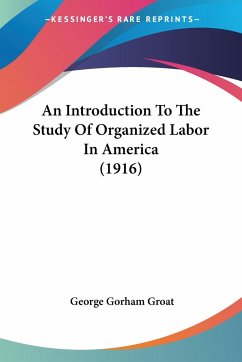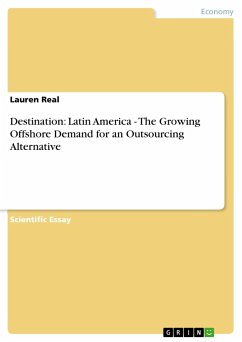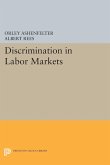" Many of the rules that govern labor markets in Latin America (and elsewhere) raise labor costs, create barriers to entry, and introduce rigidities in the employment structure. These include the exceedingly restrictive regulations on hiring and firing practices, as well as burdensome social insurance schemes. Such labor market regulations contribute to an over-expansion of precarious forms of employment and to rural poverty, and hinder countries from responding rapidly to new challenges from increased foreign competition. At the same time, other norms can reduce costs and raise productivity; they should be kept in place and their enforcement improved. For example, some occupational health and safety standards lower medical costs and save lives. One may also want to keep legislation aimed at providing a minimum social insurance for unemployment, old age, sickness, and disabilities. In practice, the most common decision that governments confront is not whether to intervene but to choose among different forms of intervention. This volume provides analysts and policymakers with useful insights on this issue. Part I addresses labor market institutions in a broader context, such as collective bargaining arrangements, minimum wages and poverty, and optimal unemployment insurance schemes. Part II analyzes labor market performance in Latin America, the links between performance and labor market regulations, and the status of labor market reform in the region. These questions are addressed for the region as a whole and in great detail for Argentina, Brazil, Chile, Mexico, and Colombia. The book provides a comprehensive description of the existing labor institutions in Latin America, the problems they pose, and the trends in labor market reforms as well as the difficulties encountered by the reform process in specific cases. In addition to the editors, the contributors are Edward Amadeo, Jose Marcio Camargo, Alejandra Cox Edwards, Rene Cortazar, Enriqu"
Hinweis: Dieser Artikel kann nur an eine deutsche Lieferadresse ausgeliefert werden.
Hinweis: Dieser Artikel kann nur an eine deutsche Lieferadresse ausgeliefert werden.








